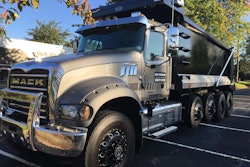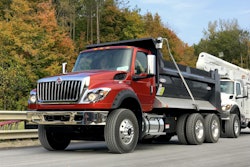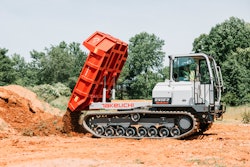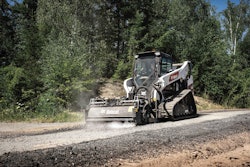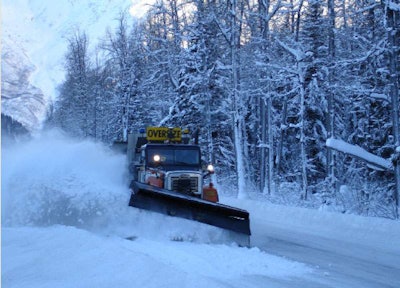
Temperatures nationwide are beginning their downward trend and some parts of the country are already seeing snowfall.
In extreme temperatures, Petro-Canada Lubricants OEM Technical Liaison Brian Humphrey says lubricants can harden or become too viscous, possibly causing equipment to seize up or fail.
“To avoid this situation, fleet managers and owner-operators need to use a lower viscosity oil, one which can stay viscous and maintain flow as temperatures plummet,” he says. “A lower viscosity lubricant is better able to move around machinery at a quicker pace, keeping the components cool and running.”
For fleets that routinely run in cold weather, Humphrey says it is worth considering engine oil viscosity options like SAE 0W-40, 0W-30 or 5W-40.
“These fully synthetic formulations are designed to shield critical engine components from the coldest climates and have been developed to deliver the highest performance standards in extreme heavy duty applications,” he says.
The benefits of running lower viscosity fluids aren’t isolated to engine oils. Humphrey says the entire powertrain and hydraulic system can experience improved operating efficiency by using the lowest viscosity grade allowed by the component OEM ambient temperature requirements.


